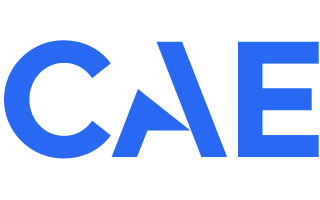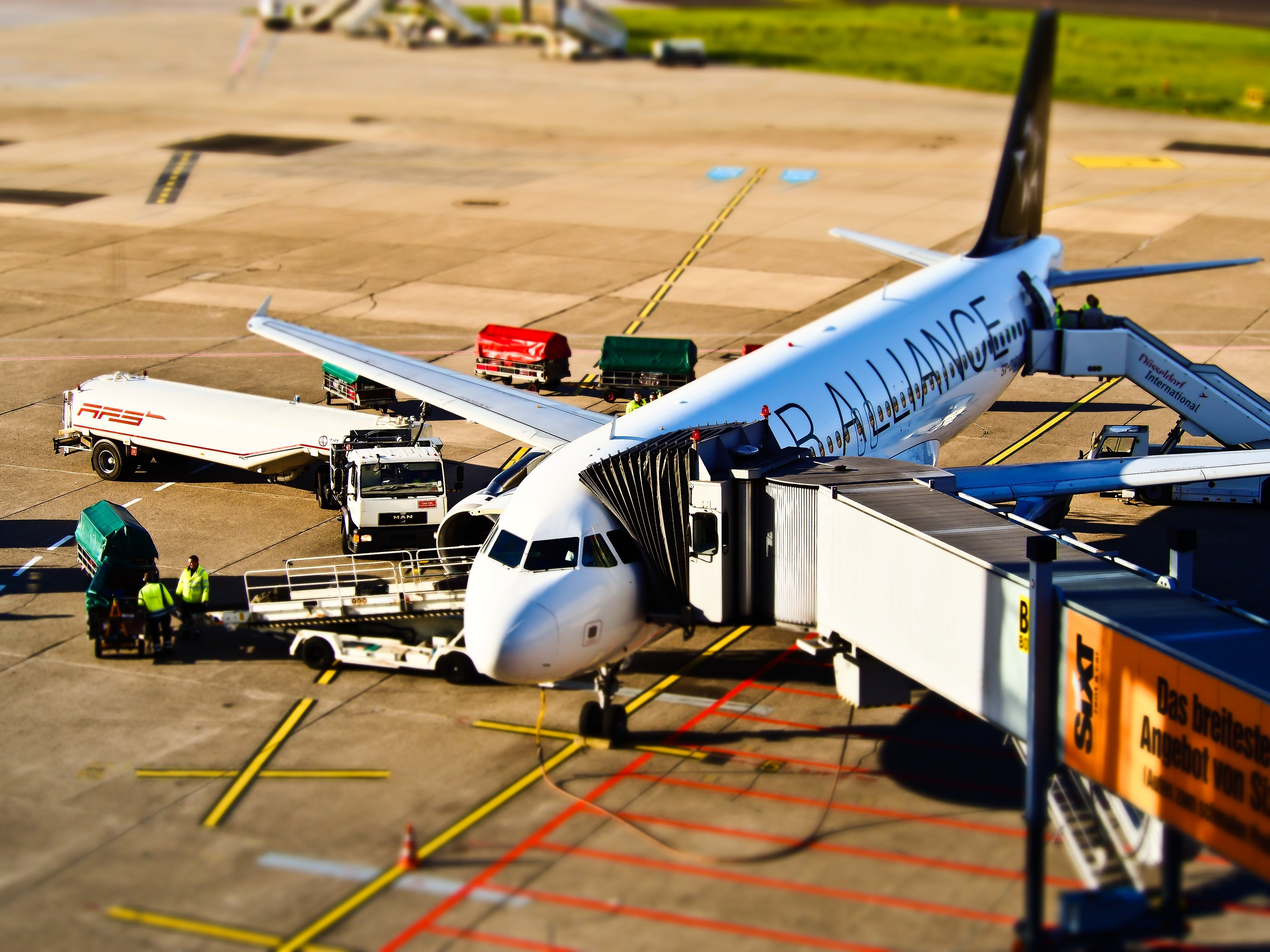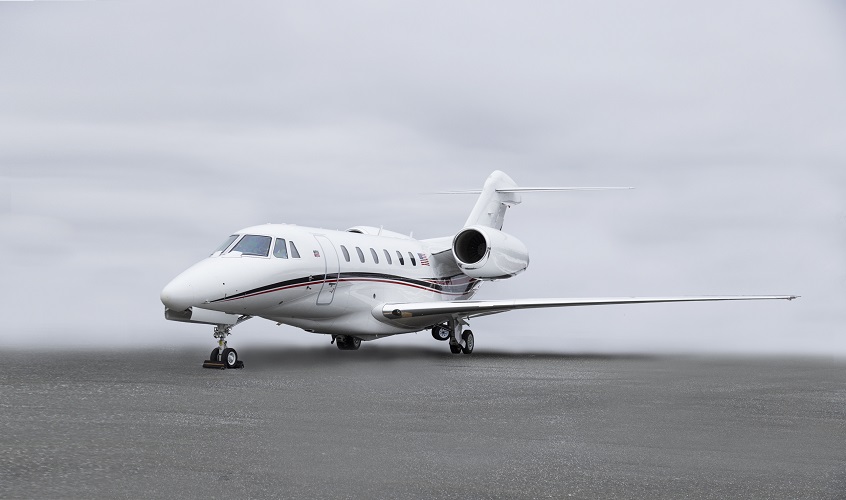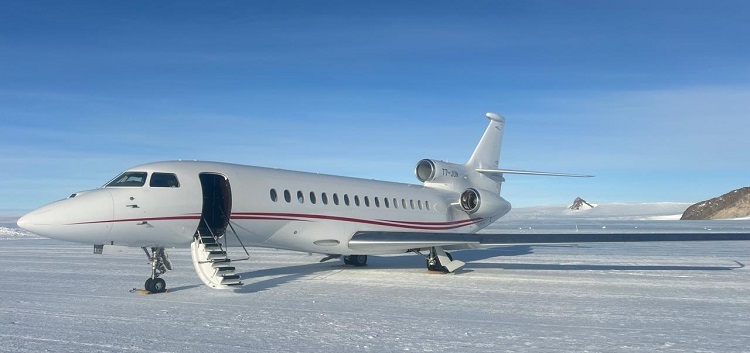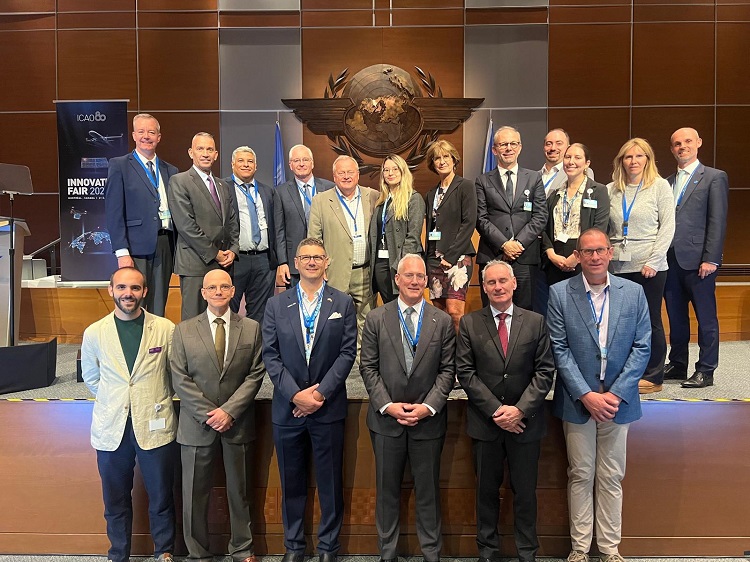Aircraft manufacturers flew SAF demo flights with media representatives, and local airport officials joined to share in the commitment to limit carbon emissions and serve as a model for offering these fuels at other airports. It was the first of several events like this to advance the industry's long-standing commitment to emissions reduction including, among other aims, to achieve carbon-neutral growth in international operations from 2020 forward.
Business Aviation has always been an early adopter of technologies to improve fuel efficiency and reduce environmental impacts. The growing use of SAF will be a critical component of Business Aviation's ability to reach its aggressive long-term goal to halve carbon emissions by 2050 relative to 2005 levels.
The coalition that authored the Guide includes the International Business Aviation Council (IBAC), European Business Aviation Association (EBAA), General Aviation Manufacturers Association (GAMA), National Air Transportation Association (NATA) and National Business Aviation Association (NBAA). The Commercial Aviation Alternative Fuels Initiative (CAAFI) and the Air Transport Action Group (ATAG) provided valuable technical assistance.
The Guide outlines three key themes regarding SAF, as follows:
1. SAF are safe and available today.
They have been tested by manufacturers of aircraft, engines and components to assure their reliability and safety in the air and on the ground and satisfy ASTM fuel standards.
Equally important, the fuels can be blended with current fuels, so manufacturers do not have to redesign engines or aircraft. The fuels can simply be ‘dropped in’ whenever available.
2. SAF offer many benefits.
They support compliance with international emissions measures, including the Carbon Offsetting and Reduction Scheme for International Aviation (CORSIA), set forth by the International Civil Aviation Organization (ICAO), as well as the European Union Emissions Trading Scheme.
Their use allows operators and others in the industry to achieve corporate social responsibility goals and demonstrate the industry’s commitment to addressing climate change.
Alternative fuels may provide improved efficiency and contribute to improved local air quality through lower particulate emissions.
3. SAF are a “win-win-win” for all stakeholders.
Sustainability is a vital component of the rationale for the use of these fuels. They can be based on a wide range of feedstocks such as cooking oil, plant oils, municipal solid waste, waste gases, sugars, purpose-grown biomass, and some crops and agricultural residues. Even when considering the emissions produced in growing, transporting, harvesting, processing and refining the inputs, there can be significant reductions in carbon lifecycle emissions compared to the same lifecycle for fossil fuels.






